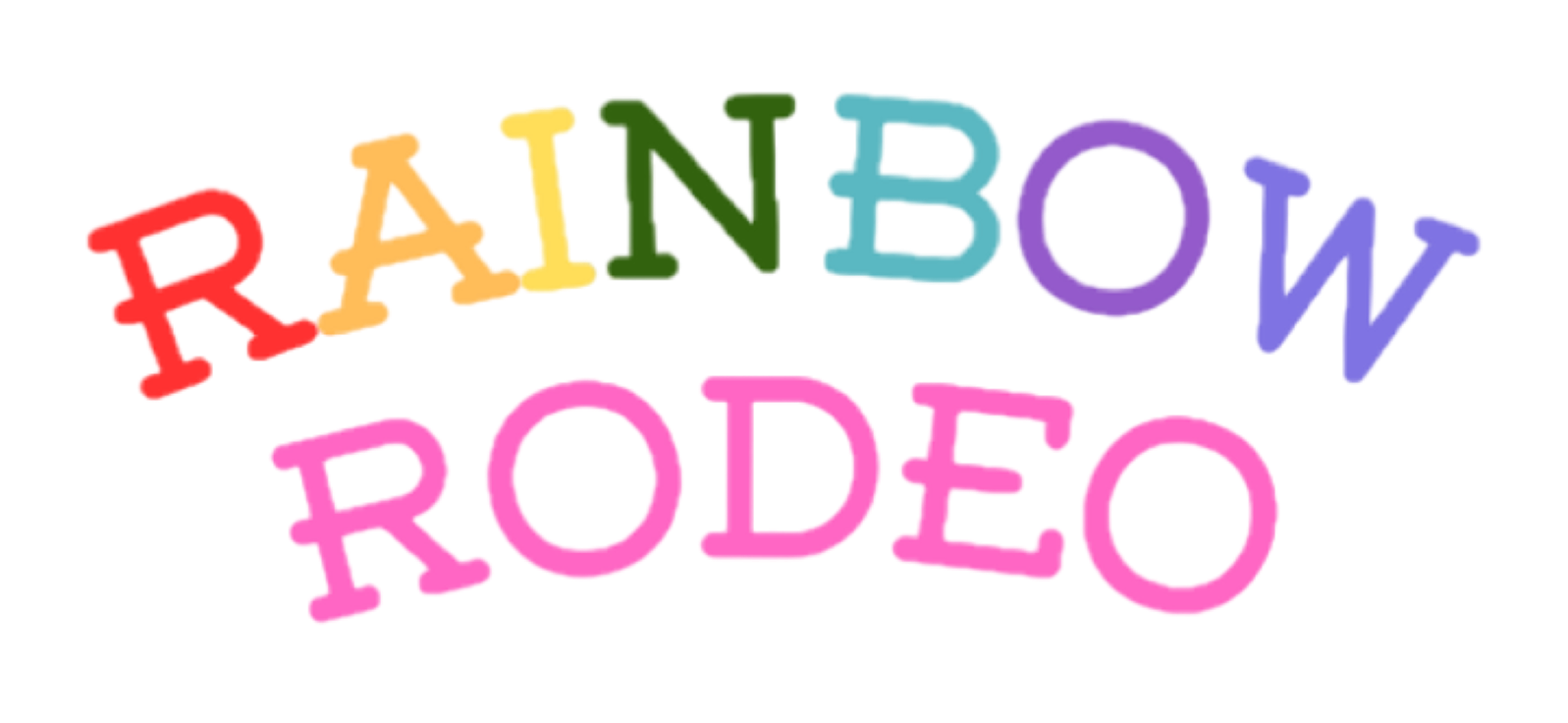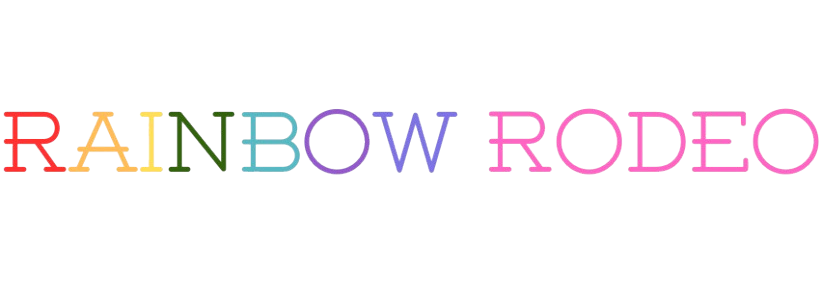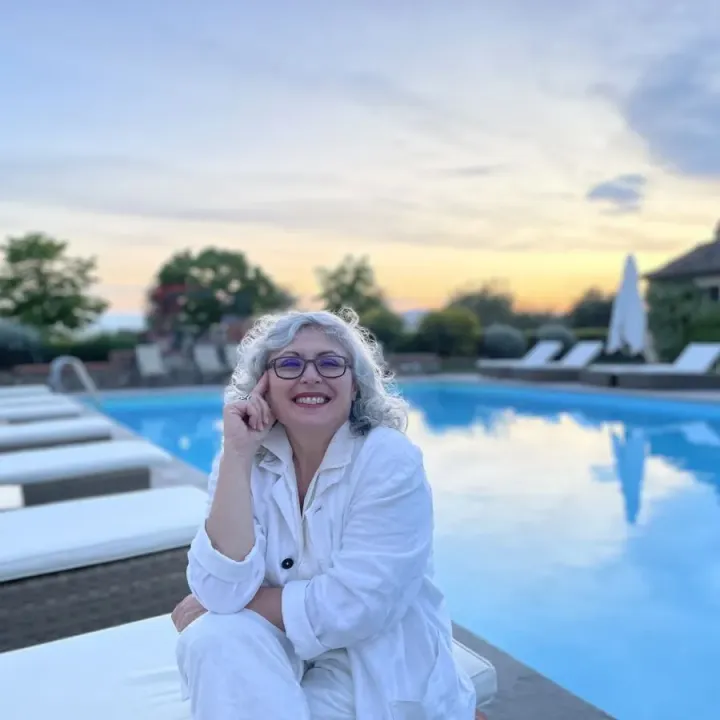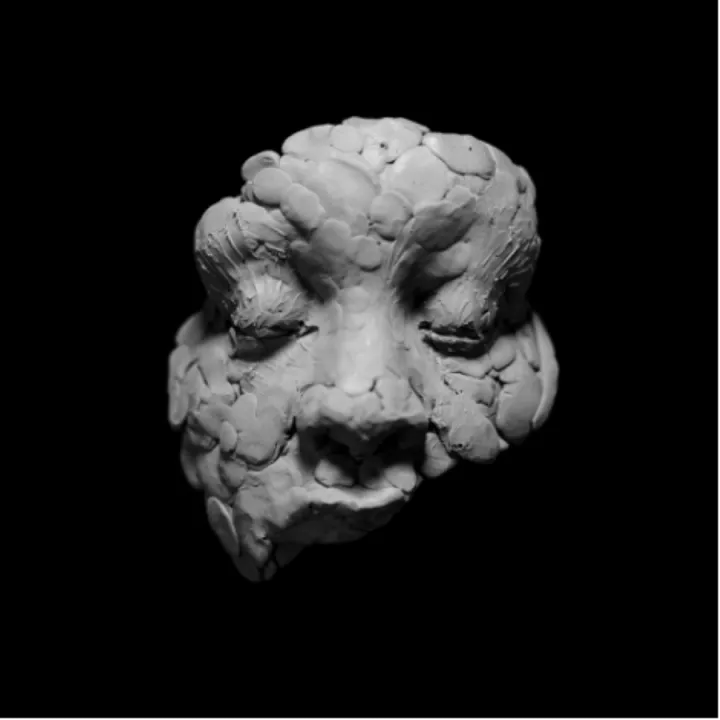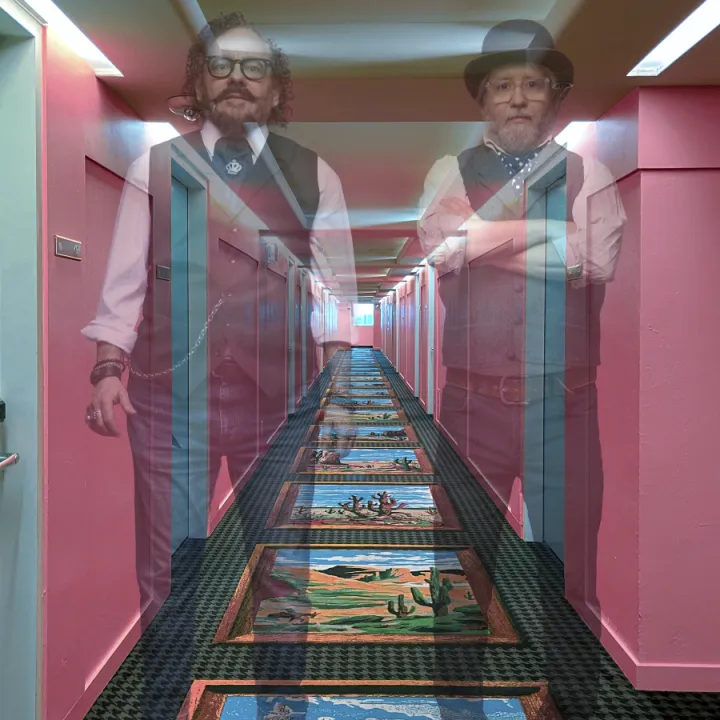INTERVIEW: Ira Wolf Feels More on "Find Less"

Nashville’s Ira Wolf is finding herself coming into her own. Her upcoming album, Rock Bottom, finds her reeling — and moving on — from the end of a five-year relationship and calling off her wedding. Raised in the wilds of Montana, Wolf’s music reflects the country’s rarified air with a spare interpretation of pop country. In our interview, Wolf discusses her coming out story and the importance of increasing bi visibility.
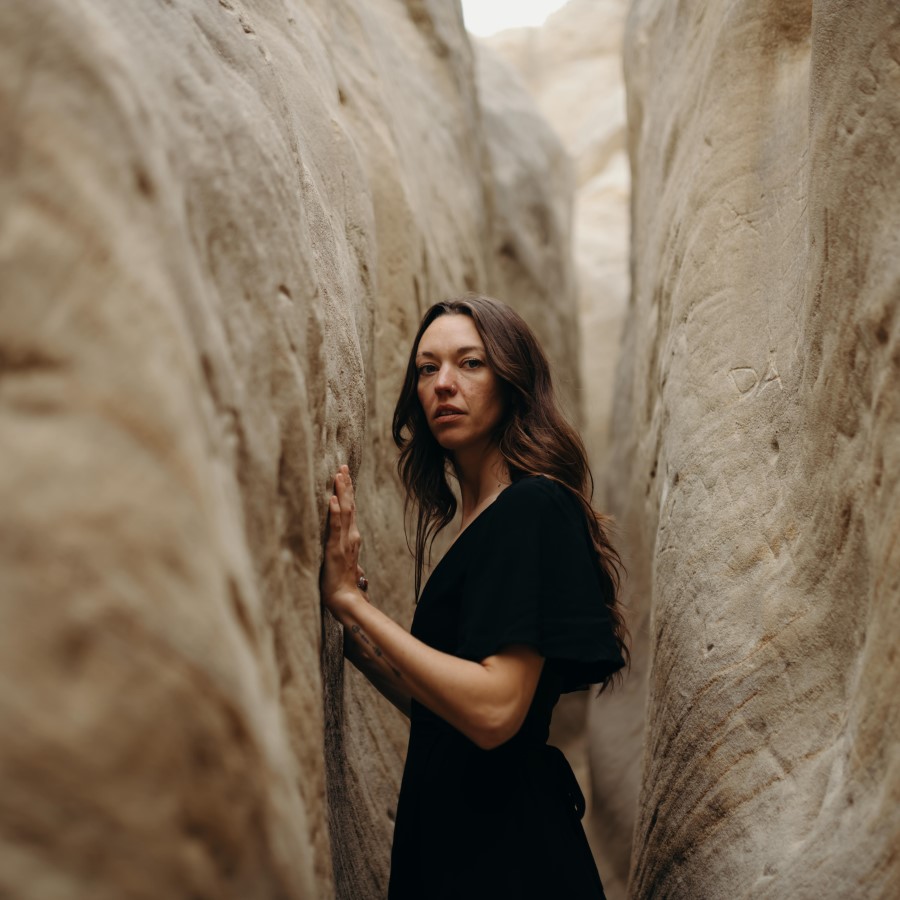
Name a perfect song and tell us why you feel that way.
My latest favorite is “Call Your Mom” by Noah Kahan. The subject matter is so incredibly heavy, but relatable. He manages to weave lyrics and melodies in a way that’s utterly crushing while simultaneously creating a sense of hope amidst the weight. The hook is unforgettable, and the arrangement builds in a way that makes the listener want to belt out each line. It’s the perfect sad song.
Explain the title of your album Rock Bottom.
In 2021 I was experiencing the most challenging days of my life. My career had been on hold since the world had gone into lockdown. I was processing a traumatic breakup after calling off my wedding and ending a five year relationship. The things that had always brought me joy, peace, and balance (travel, community, performing live shows, connecting with fans and friends, etc.) had all disappeared amidst the pandemic. My mental health was at an all time low, and on the day the first lyrics for “Rock Bottom” came to me I couldn’t imagine how life could get worse. Somehow that acknowledgement gave me hope. “If this is rock bottom at least I’m on solid ground..” I thought as I started writing the song that would eventually be the catalyst for the full record.
What is its overarching theme?
In summary, the album is about the grief process. By 2022 I had so much heaviness to work through, and songwriting has always been the most cathartic way for me to process big emotions. Each song on this album represents a different stage of my grief, mostly in relation to my breakup.
Tell us about the first song you wrote.
The first song ever? My mom tells me that as a kid I would make up tunes and sing them around the house. It’s fitting that the one she remembers me singing most was “I’m sad…soooo sad..” I started creating my own melodies on piano once I started taking lessons as a kid. I know there were a few ideas I penned in high school and college after I started learning guitar, but I don’t really remember them now. One of the first songs I wrote that I felt was worth sharing was one called “Fickle Heart”. I started writing it as I was leaving Montana for Nashville. A coin toss convinced me to move my life thousands of miles across the country in pursuit of my dream career, and I was both thrilled and terrified. I wanted to be running toward but worried I was instead maybe running away from something. “Fickle Heart” would eventually become the title track of my very first record.
How do you manage having a good time at shows, but also trying to stay mentally and physically fit?
Sharing such intimate material on stage can be emotionally and physically draining, but I gain so much from the energy of the audience. There’s a moment of magic that happens for me when I know something I’ve written is connecting on the deepest level with my crowd. Still, I have to be conscious of creating some space from the emotions of certain songs. A lot of my material comes from the most challenging moments of life, and if I allow myself to continue visiting that emotional space every time I sing the song it can put me in a pretty dark headspace. I have to be very intentional about making my mental health a priority on the road. I keep up with my therapist through virtual meetings, I work hard at maintaining relationships with loved ones, and I spend a lot of time outdoors. My dog is also a huge comfort and my greatest companion. She helps motivate me to be active, and is the best cuddler.
What is your vision for a more just music industry?
I want opportunities to be available in a way that doesn’t feel dependent on an artist’s sexuality. I want to see more diverse lineups at festivals and events. As a bi artist, I feel like I oftentimes have an easier time ‘blending in’ and being accepted by a larger audience, but I want to feel like I don’t have to water down my experiences. I want to feel like my fellow LGBTQ+ artists and I can express ourselves as authentically as possible without fear.
What do you want to see from white allies among your coworkers, team, and audience?
I want to see more celebration of the queer community and more consideration for our unique experiences and challenges within the music industry. I want to feel protected when sharing stories and songs about my queer identity. I want to see allies educating themselves and those around them. I see positive steps in the right direction, but I also still feel the weight of bias/judgment and experience anxiety about how much to share on occasion.
Where are some places you’ve found joy within the country/Americana world?
Being based in Nashville means that I get to surround myself with some of the world’s most talented artists, writers, and players. I get a lot of joy from being part of a community that really supports one another, and I am constantly inspired by the musicians that happen to be some of my dearest friends. Similarly, I’m lucky to travel frequently and one of my favorite things is connecting with fellow touring friends on the road.
How do you feel your queer identity ties into your performance style or music?
For the majority of my career I intentionally separated my queer identity from my public image. I didn’t come out publicly until 2020, and I spent a lot of years being careful about the stories I shared on stage and online. My music is often inspired by love and loss, but the songs I wrote on my earlier records about my queer relationships were curated in a way that I didn’t feel exposed my secret. Nowadays I’m gaining confidence in my transparency and that’s changed the way I dress, write, and share, but it’s a piece of myself I’m still learning to integrate and celebrate publicly.
How do you feel your coming out journey plays into your music?
Coming out was a deeply vulnerable and scary moment for me, and over the years I’ve come to believe that the most meaningful art can only come from vulnerability. Making the choice to live more authentically instead of separating or hiding a piece of myself was a reminder of what I want to accomplish with my music.
What would you like people to know about your coming out experience?
I started coming out to my closest friends more than ten years ago, but I had so much fear about being publicly out. A lot of people suggested that my life and my career would be easier if I continued making myself more palatable to a larger audience. I was told that being a queer artist would alienate some of my audience. I also grew up in a highly conservative environment and had intense anxiety about losing some of the people I loved if they found out the truth. It’s a bit odd to think about now, but somehow being engaged to a man at the time made me feel a little safer in sharing that truth. It was almost as if I was softening the blow for the people I knew the news would hit hardest. ‘At least she’s going to marry a man..’ I imagined them whispering under their breath.
I did lose some fans once I started being more open about my queer-ness online and on stage, but that doesn’t bother me now. I actually found that I prefer it that way and feel safer amongst the fans that stayed. And while some of the people I’m close to might not necessarily celebrate my queer identity, they’ve supported and loved me in their own ways.
What words did you need to hear as you explored your identity?
I didn’t really hear the words ‘bisexual or pansexual’ until I was in my early twenties. For a long time I felt confused by the internalized pressure of needing to choose whether I was gay or straight, because those were the only two identities I was aware of.
What would you like to say to people who are currently questioning their identities?
Wherever you are in your journey, you’re not alone!! I think questioning one’s sexuality can be such an isolating experience, and it’s one of the biggest reasons I decided I wanted to come out publicly. I didn’t see a lot of representation of bisexuality or really anything beyond cis/hetero relationships that I could relate to or learn from when I was younger. I just want people who are questioning to know they are valid and loved, and there is a world full of people just like them.
